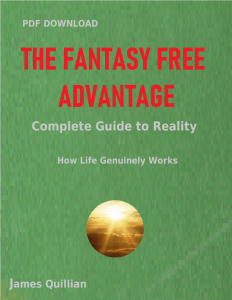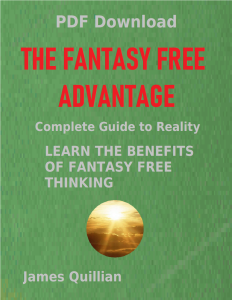Fixing Economic Problems. PDF Version
 It is human nature to want to fix things.. There may be something in an economy that is deemed needing to be fixed. Is something going on in an economy that is apparently unfair? So, a fix is implemented. Sounds simple.
It is human nature to want to fix things.. There may be something in an economy that is deemed needing to be fixed. Is something going on in an economy that is apparently unfair? So, a fix is implemented. Sounds simple.
This is the way it works in reality. A proposed fix is applied. Some benefits can be seen. Are there any costs? Yes, but each cost is spread out so that one human cannot feel the impact. Add up all of the small costs and they easily add up to more than any visible benefits.
What happens when we interfere with market forces? Everything in an economy adjusts and changes in response. Understand this. Market forces never disappear, even though they are routinely dreamed not to be present. Command economies have market forces, same as free markets.
When someone wants to fix something in an economy that seems unfair, watch out. The costs to society will be greater than the benefits.
What if something is cited that looks unfair? What this means is that the free market has been corrupted. Free markets optimize production and income distribution. They become corrupted when a few with political power use legislation and regulation to rig the markets they serve so that market forces work in their favor and put everyone else at a disadvantage.
In economics, what sounds good is most likely to be of no good overall.
Take a look at all of the economic fixes that have been imposed collectively over the years. Name some that have been successful. Then , name some that have not created more problems than they have solved.
There are no solutions in economics – just trade offs.
Problems can be solved collectively. Dams can be built to prevent flooding. Safer roads can be built. Those kinds of things are not attempts to fix economic problems.
Views: 74

